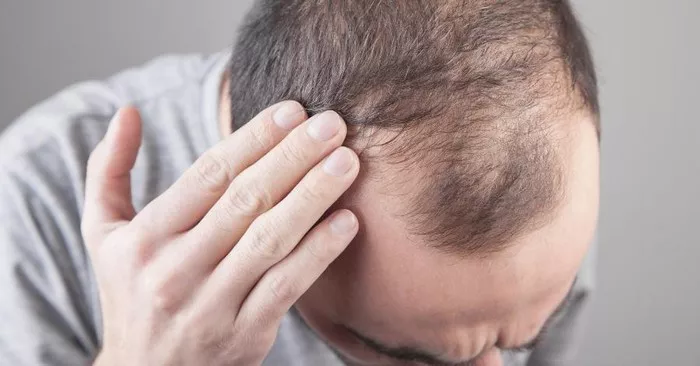A new study from the University of Manchester suggests a potential cure for baldness.
Researchers have identified a “biological mechanism” responsible for hair thinning, according to the New York Post.
The discovery could lead to new treatments for baldness. The British team made this finding while testing a drug’s ability to boost hair follicles in the human scalp.
They discovered that an overactive integrated stress response (ISR) negatively impacts hair growth. This response allows cells to pause activities under stress, becoming partially dormant. As follicle cells age, they become stressed, slowing down hair growth. However, excessive ISR activation can lead to cell death, halting hair growth entirely. The researchers believe that stopping the overactivation of ISR might prevent hair loss.
“We’re incredibly hopeful as we believe the activation of this pathway could play an important biological role in restricting hair growth in people with hair loss conditions, meaning that targeting it could lead to new treatments,” said Dr. Talveen Purba, the study’s senior author.
The team is further studying ISR activity in individuals with hair loss to understand its effects on hair follicles better.
“When we look at hair follicles under the microscope, it’s striking how consistent the response is between hair follicles from different people,” said Derek Pye, chief technician of the research group and co-author of the study.
The ultimate goal is to develop a drug that can prevent hair loss. Although no drugs currently affect ISR, some are being investigated for other uses.
In 2022, Japanese researchers successfully grew mature hair follicles in a lab, indicating another potential breakthrough.
Hair loss affects approximately 85% of men by middle age and about half of all women by age 70.


